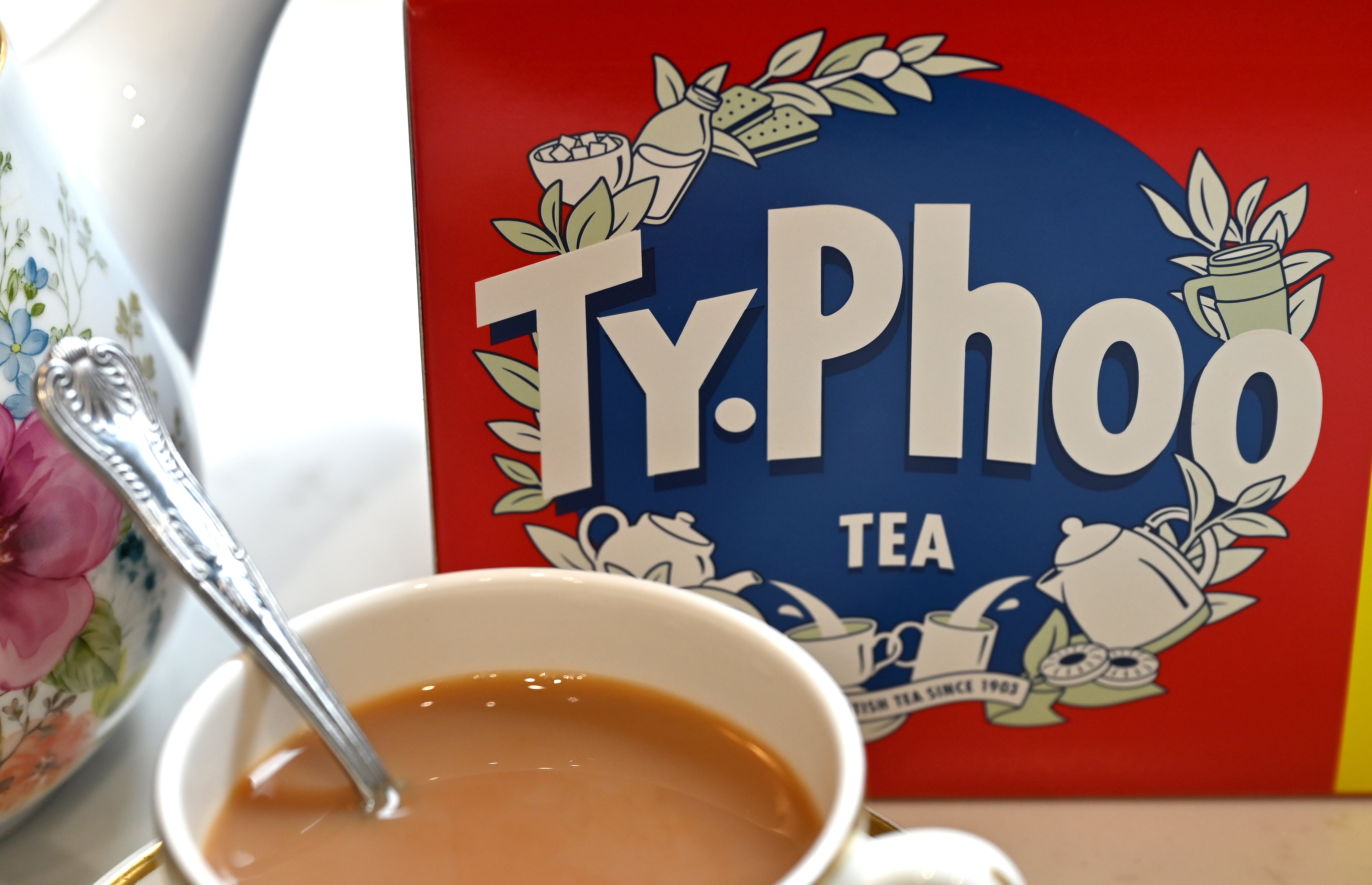One of Britain’s best-known tea brands on brink of collapse
It is one of Britain’s best-known tea brands

A tea brand that has been operating for 120 years is at rick of closure.
Typhoo Tea is set to fall into administration after more than 120 years in business, in a move which would put more than 100 jobs at risk.
Founded in 1903, Typhoo has long been one of Britain’s best-known tea brands, but the decline in recent years has pushed it to the brink of going out of business.
Since 2021, private equity firm Zetland Capital has been its majority shareholder.
The company filed a court notice to appoint administrators following several years of declining sales, mounting debts and even a break-in at its Wirral factory last year.
Typhoo’s latest company filings showed that it made a £38 million loss last year, while sales fell by a quarter to £25.3 million. It had 116 employees as of late 2023.
In August 2023, Typhoo suffered a further blow when trespassers broke into the company’s former factory in Merseyside and occupied the site for several days.
Typhoo said at the time that they caused “extensive damage” and made the site “inaccessible”.
The company had been trying to sell the factory, in a deal which eventually went through in June 2024.

But Typhoo said the incident made up the bulk of £24 million of exceptional costs that year, and that it had “materially” affected its day-to-day running.
Typhoo hired the former head of Burts crisps, Dave McNulty, as its new chief executive in October, while also launching a shake-up of its supply chain.
The overhaul was intended to stop sexual violence against women working on tea plantations in east Africa, and resulted in reducing the number of plantations in its supply chain in the region from 300 to just three.
Mr McNulty told the BBC on Friday that Typhoo had appointed administrators at EY, in a move which “affords the company some breathing space to explore solutions”.
Typhoo and EY declined to comment when approached.
Join our commenting forum
Join thought-provoking conversations, follow other Independent readers and see their replies
Comments